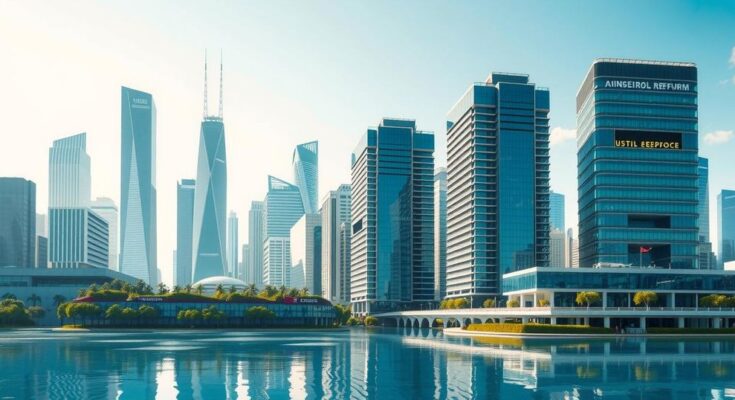New Leadership in Sri Lanka
In a significant shift, Sri Lanka welcomed President Anura Kumara Dissanayake, who took office on September 23, 2024. His administration, pledging economic reforms and justice, aims to confront deep-rooted human rights issues that have historically plagued the nation.
Pledges for Justice and Equality
Dissanayake’s commitment includes more equitable economic policies, yet his silence on accountability regarding past civil war abuses raises concerns. The infamous Prevention of Terrorism Act is set for repeal, suggesting a future focused on rights and justice.
Global Context of Human Rights
Human Rights Watch’s World Report 2025 reveals a global landscape where authoritarian leaders suppress dissent and target minorities. Meenakshi Ganguly notes, “Sri Lanka’s multiple crises are connected by entrenched impunity for rights violations.” In light of this, Dissanayake holds a crucial opportunity to address the scars of history.
Economic Struggles Amid Promises
Although an IMF bailout temporarily eased Sri Lanka’s debt crisis, food insecurity remains dire as one in four households faces hunger. The outgoing government’s policies disproportionately affected low-income citizens, intensifying calls for a more equitable recovery strategy from Dissanayake.
Harassment of Activists and Need for Accountability
In 2024, activists, especially in Tamil regions, faced harassment and intimidation, stunting civil society’s growth. The UN’s recent reports underscore the necessity for accountability regarding enforced disappearances tied to past uprisings. Continuing violations demand urgent attention from Dissanayake’s administration.
Call to Action for the New Administration
To effectively tackle Sri Lanka’s multifaceted human rights concerns, President Dissanayake must honor his election promises. Strengthening civil liberties and initiating discussions on past injustices could set a transformative course for the nation’s future.
– President Dissanayake took office on September 23, 2024, pledging to reform human rights and economic policies. – His administration plans to repeal the Prevention of Terrorism Act but lacks a clear stance on past civil war accountability. – Food insecurity haunts many households post-IMF bailout, stressing the need for equitable recovery. – Activist harassment continues, emphasizing the need for commitment to civil rights and justice.
President Dissanayake’s presidency begins with bold promises of economic justice and reform, amid longstanding human rights issues. His administration faces the challenge of addressing past abuses while implementing equitable policies. The path forward requires action against impunity and support for marginalized communities to foster lasting change in Sri Lanka.
Original Source: www.hrw.org



